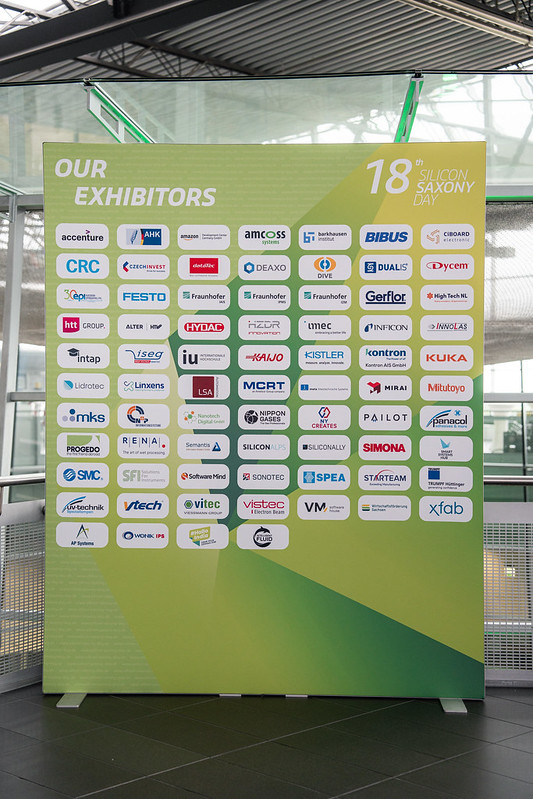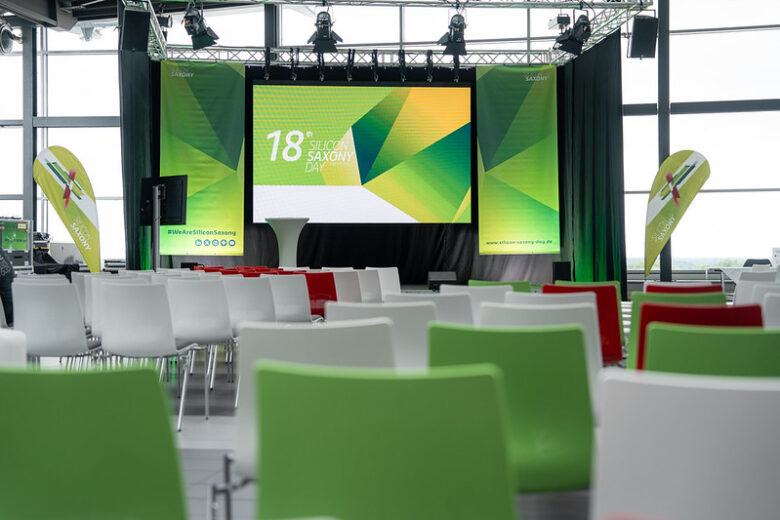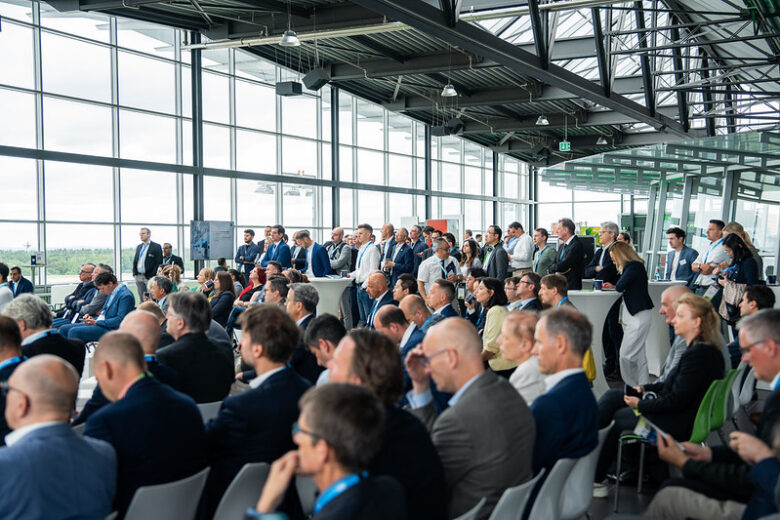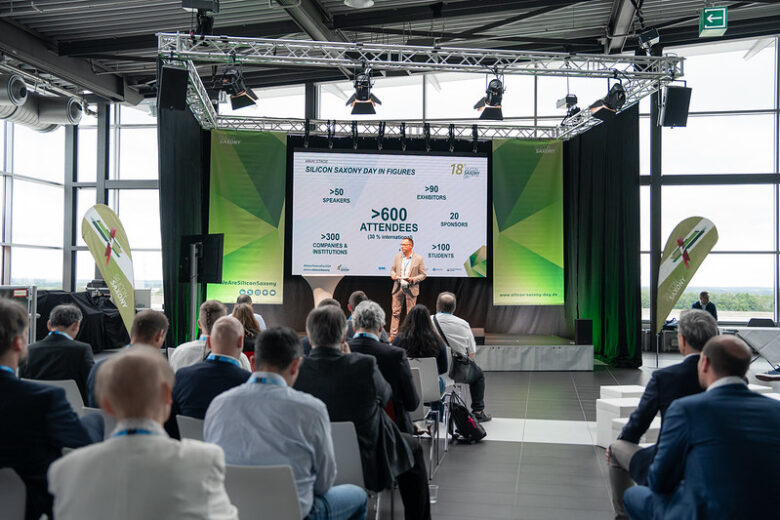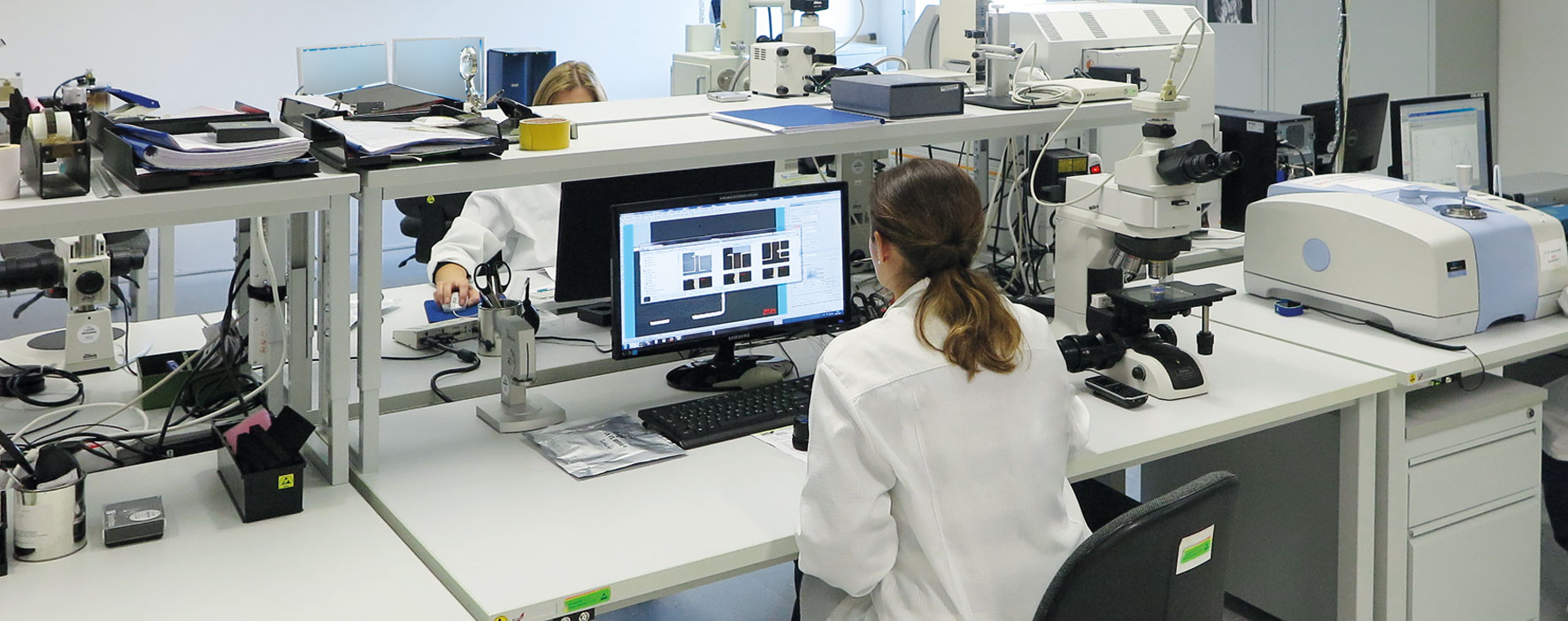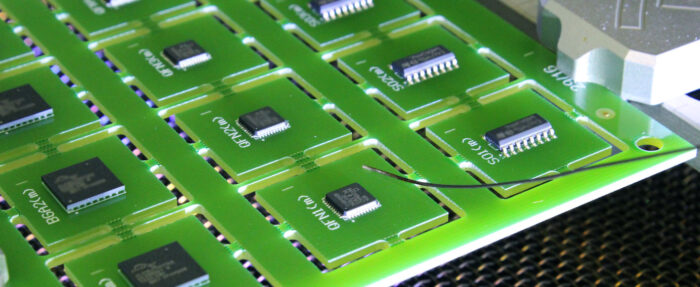ALTER | HTV presents its commitment to the semiconductor industry at Silicon Saxony Day
11. June 2024
TÜV NORD GROUP supports the growth of the German semiconductor industry
Semiconductor specialist HTV from Bensheim, an ALTER company in the TÜV NORD GROUP, supports the growing semiconductor industry in Germany. As a member of Europe’s largest microelectronics cluster, Silicon Saxony, the company will be presenting its portfolio at this year’s Silicon Saxony Day on June 11, 2024 at Dresden Airport.
“As an experienced service provider for testing and process development in Germany, we offer the market in Silicon Saxony, which is gaining momentum, all the expertise it needs. In doing so, we are also supporting the EU’s goal of further expanding the domestic semiconductor market,” says HTV CEO Holger Krumme.
For almost 40 years, HTV has been committed to ensuring that customers from various sectors, including the automotive, medical technology and industrial sectors, only process the highest quality chips. The company selects and tests components, offers programming services for microchips and examines faulty components in its own accredited institute for material analysis.
In order to guarantee the quality and functionality of chips already produced in the long term, HTV has developed a process to prevent corrosion and stop the ageing process. This process, thermally absorptive gassing (TAB®), enables semiconductors to be stored for over 50 years.
HTV is also planning to expand its production capacities, particularly in the area of packaging, in order to meet the growing demand. Packaging is the process by which semiconductors are encased in a black housing and fitted with connection pins. As part of ALTER, HTV has access to important expertise and is therefore ideally positioned to participate in the development of new production facilities.
The semiconductor crisis and the experiences during the corona period have made it clear how important it is for the German and European economy to become less dependent on Asian manufacturers.
“The EU’s goal of locating more production facilities in Germany by 2030 is ambitious. Even if it takes longer, it is definitely important to get the wave rolling now; then an ecosystem will gradually develop. You can already see this happening in the Silicon Saxony region around Dresden,” says Krumme.
Silicon Saxony around Dresden is an important location for the semiconductor industry in Europe. The establishment of industry giants such as TSMC from Taiwan and the planned cooperation with companies such as Bosch, Infineon and NXP underline the importance of this cluster for the future of the semiconductor industry.
“The investments and developments in Saxony paint a promising picture for the German and European semiconductor industry. The creation of a strong and innovative cluster in Saxony represents a significant step towards reducing dependence on foreign semiconductor supplies,” says Krumme.
